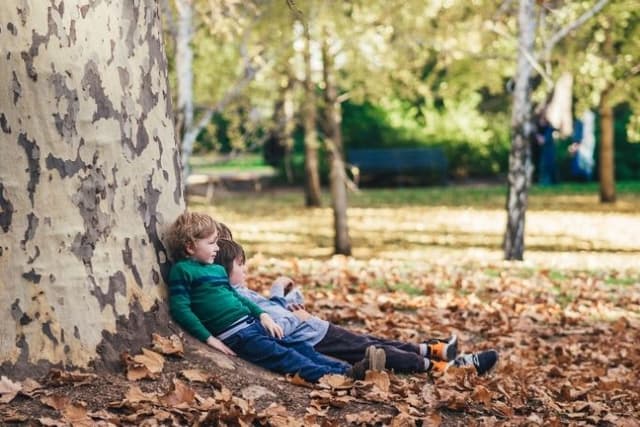
Seal the Loop - Conserving Marine Biodiversity
Lesson2 of 3 in this unit
SecondaryYear 7 - 8EnglishHumanities and Social SciencesGeographyEnvironmentalBiodiversityConservationOceans
Summary
Lesson Guides and Printables
Lesson Plan

Student Worksheet


Lesson Plan

Student Worksheet
